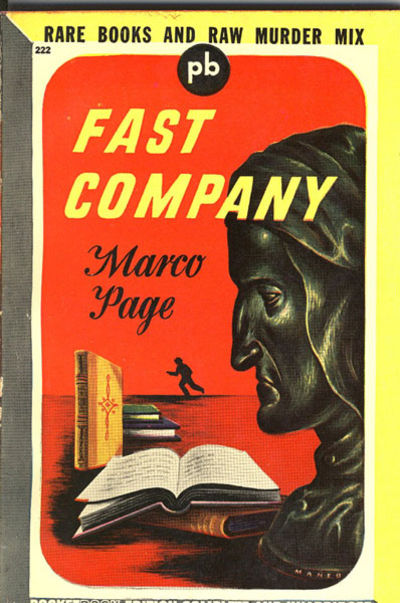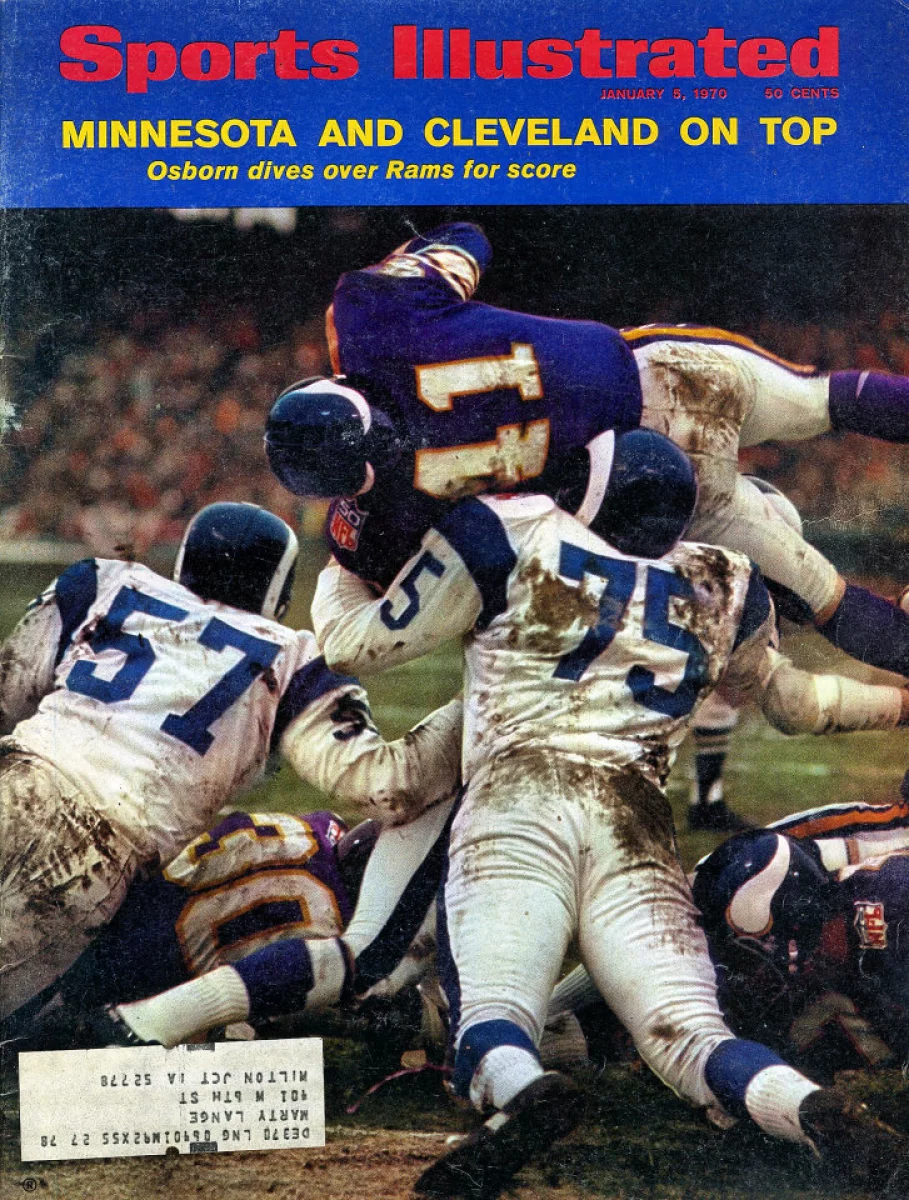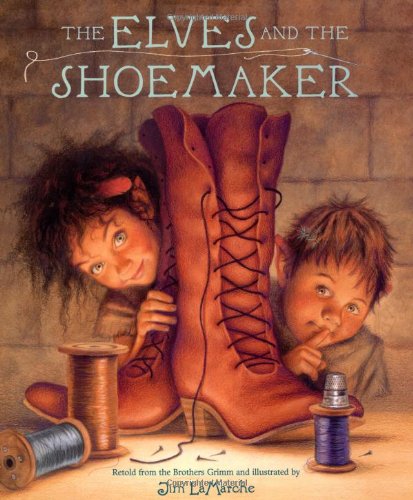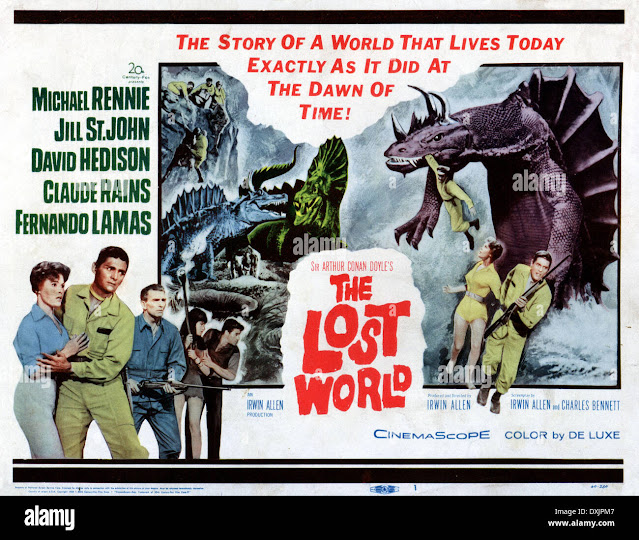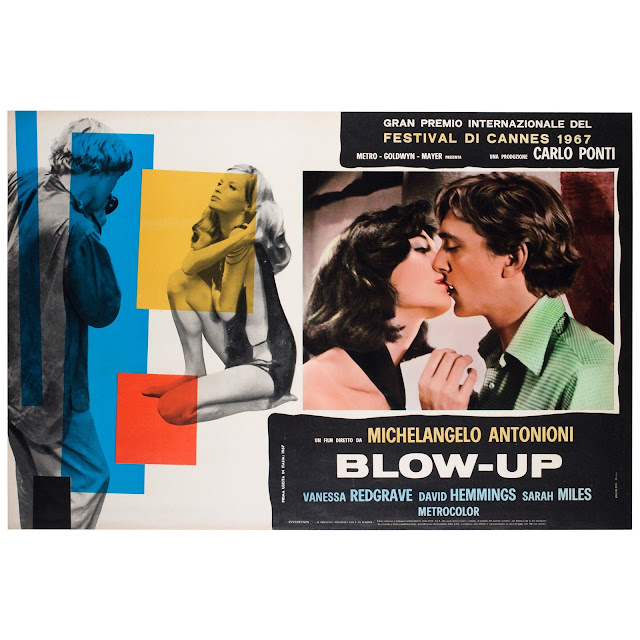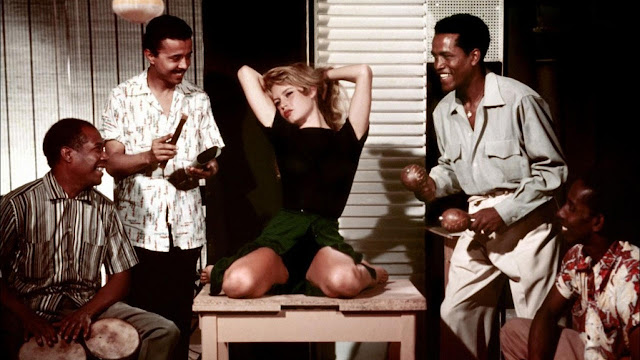 |
| With apologies to Swing Out Sister... |
It is better to travel well than to arrive.
– Siddhartha Guatama (The Buddha)
This story has a happy ending. Going to say this up front, because it will be important to remember while you read the following.
Funny story: this past Summer no less than TEN people I know took vacations in Hawaii. My wife, son and I had taken a vacation there three years ago, pre-COVID, during one of the hottest Julys on record.
So rather than join the Summer Vacation exodus, we decided to delay gratification, and book something for Winter Break. We got a smokin' deal on a hotel on Wailea Bay, booked it, and began dreaming of a week-long respite from a dreary Puget Sound December.
And then August rolled around, and my day-gig started up again. Full return to school, no remote learning options in my district.
A colleague who sat next to me during the first day of staff meetings upon our return tested positive later that SAME DAY for COVID. She wound up having to isolate and quarantine for the next two weeks. She had just returned from a week at her time-share.
In Maui.
We tried not to consider this a bad omen.
Somewhere around this time the State of Hawaii clamped back down hard on COVID travel restrictions. We heard from a variety of sources (including the owner of my wife's favorite coffee stand) that the paperwork involved in just getting to Hawaii had become many-layered, complex, and confusing.
On top of that, we had TSA-Pre memberships that were about to expire, and we needed to either renew them or upgrade to an even more exclusive pre-screening service, CLEAR. We opted for the latter.
Around this time COVID boosters became available for people in our age group, so my wife and I signed up for the booster. While we were waiting for our appointments for that, the under-12 vaccine became available for children, and we signed our son up for that, as well.
With all of the above combined with the level of documentation in quintuplicate required by the State of Hawaii, it turned out to be something of a logistical nightmare.
It started with CLEAR.
We provided all of the documentation required for our application, paid all of our fees, with a single final step remaining: a trip to the airport, where we would have our retinas and fingerprints scanned at one of the CLEAR kiosks. Required time, approximately ten minutes apiece.
If. Only.
We went to the airport. We found a CLEAR kiosk. We attempted to finalize the process ourselves. No dice.
Just as we began to look around for help, a young lady wearing a CLEAR badge hustled up to us, appearing seemingly out of nowhere, and breathlessly asked whether we needed help. Relieved, we said we did, and laid out for her what we needed to accomplish.
"Oh!" she exclaimed, "I can help with that! Please wait right here! I will be right back!" And with that she high-tailed it through a rail gate with the CLEAR logo prominently displayed on it.
We did as we were told and waited. Right there. On that spot.
And waited.
And waited.
And....
After at least twenty minutes of this type of waiting, we came to the conclusion that this enthusiastic young CLEAR employee and had somehow gotten side-tracked. Maybe she was new? Maybe she got lost?
So we chanced passing through the rail gate with the CLEAR logo so prominently displayed, and after a fairly lengthy trek down easily a quarter of the terminal, we came upon another CLEAR employee, this one with an impressive man-bun which threatened to eclipse the CLEAR ID tag he wore.
"Oh, I'm sorry," he said in a tone that bore not the slightest whiff of apology, "we can't process your applications here. You have to go," he pointed vaguely back in the direction whence we had come, "down to the next kiosk and Gate Whatever..." and then without another word he went back to being completely unhelpful.
After retracing our steps and traversing half of the terminal, we came to the aforementioned kiosk and found a very helpful employee, who quickly set about helping us get our CLEAR memberships finalized.
HUZZAH!
Total time spent running around the airport on this "ten minutes, tops" errand? An hour-and-a-half.
With the above accomplished, we got our boosters, got our son vaccinated as soon as was remotely possible, and settled in to upload all of our vaccination documentation to CLEAR. That proved a breeze. All that was left was to go through the State of Hawaii's online travel tracking service ("Hawaii Safe Travels") and provide exactly the same documentation we had provided to CLEAR. Over and over and over again. And that doesn't include the number of times the site crashed and we were required to start over from scratch.
It took about six hours of submitting, swearing, sweating and more submitting followed by ever more swearing, to get all of our documentation uploaded.
*phew!*
Fast-forward to the day of our flight (middle of last week) - we arrived at the baggage check for our airline (name redacted to protect the guilty). After a fairly substantial wait in line to check our baggage, we finally got to the front of the line, and were waited on by the single most unhelpful gentleman I have ever encountered in the hospitality industry, anywhere.
We checked our bags, provided all of our documentation, including vaccination credentials, booster credentials, the whole nine yards. The entire time this "gentleman" spoke to us in a soft, warm, sunny, "ALOHA" voice, asking for this, and then this, and then that, and then this, and then that, never flagging, never sounding the least bit officious or tendentious in his tone.
But the wringer he put us through insisting we provide everything short of a pint of blood or our first-born (he was there with us, but no way were we giving him up!)? Breath-taking. All the while he continued to sound delighted in a way so consistent it would have been the envy of any game show host anywhere, ever.
And then we hit "The Snag."
"You don't have your son's vaccination information uploaded to the Hawaii Safe Travels site," the "gentleman" exclaimed gleefully.
"We didn't think we were required to," my wife said. "The website was unclear on that. Plus, we have CLEAR, and CLEAR says it's not required for travelers under age 18."
"Safe Travels Hawaii requires it," said Mr. Gleeful.
My wife presented our son's vaccination information. Mr. Happy shook his head, his smile wide. "No-no-no-so-sorry. It must be uploaded to the site." And with that he dismissed us out of line because, and I quote: "That takes a while."
So there we stood in the middle of the terminal, struggling to get our son's vaccination documentation uploaded using my wife's phone. A good fifteen minutes later we got it uploaded, received confirmation, and my wife went back to Mr. Sunshine, where he confirmed we had uploaded our son's information, and then said, "Ohhhhh you have CLEAR!" His smile widened as though he had just won the lottery. "You're all good. Just go to the CLEAR kiosk in front of your gate and you are ready to go. Mahalo!"
We left him in our wake convinced he would have delivered the news, "You've been poisoned and have thirty minutes to live!" in exactly that same tone.
Once we'd traversed half the terminal to get to the same CLEAR kiosk where we'd waited so long for help a few weeks, previous, a CLEAR employee greeted us, checked our names on her list, and informed us that with the level of CLEAR we had, we could go through TSA Pre, which was a whole other level of CLEAR, and way easier to get through.
She sent us back the way we'd come. "It's just around the corner to your right," she said.
Sure.
It turned out to be about a hundred feet past where Mr. Happy-Happy-Joy-Joy was still loudly plaguing would-be passengers in that gleeful tone of his.
He hadn't bothered to tell us.
He just let us waste time heading in exactly the opposite direction.
TSA-Pre was, as always, great. Quick, professional, no-nonsense. Worth every nickel. The CLEAR employee who greeted us and squired us through TSA-Pre was like the employee who helped us finalize our memberships: just great. Knowledgeable, professional, courteous and helpful.
And then we got to the gate.
No sooner had we seated ourselves to await boarding, than I got called to the gate.
Yep.
Turned out I was all set. But the airline officials needed to confirm my wife's ID. And then they looked at our son's vaccination information, and sent us to a second desk, where yet another airline official who informed us that because our son's second vaccination had come less than two weeks prior to our flight, and we had not gotten him a COVID test within the previous 72 hours, it was possible that he might need to quarantine for two weeks upon arrival in the Aloha State.
My wife and I looked at each other. Then she turned and said slowly and clearly to this airline official the exact same words she had used repeatedly with Mr. Cheer-and-Sunshine: "We have CLEAR. On the CLEAR website it states that we didn't need to register the information of any children under 18. And it said nothing about testing."
This time it worked the first time. The response: "Oh, you have CLEAR? Let me talk to my supervisor." Three minutes later: "You are all good to go."
Just in time to board.
Is it any wonder THIS happened:
Less than one minute later....
Hey! Don't judge me!
I said to my wife as we settled in for take-off, "I feel like Hawaii really made us earn a trip there this year!"
She agreed.
But like I said, this story does have a happy ending! See below. Best vacation we've had as a family.
Worth all the considerable trouble!
Just remember: if you're planning a trip to Hawaii, get started early on all that paperwork!
Happy Holidays, and see you in two weeks!

